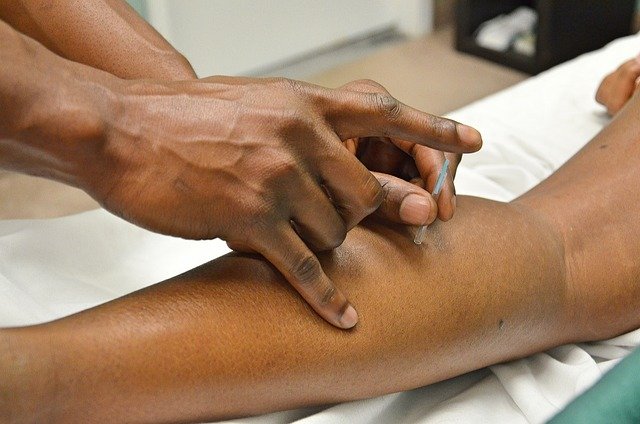Understanding Psoriasis Injections: Cost, Types, and When to Consider Treatment
Psoriasis injections are used to manage moderate to severe symptoms by targeting the immune system. These biologic treatments can reduce flare-ups and skin irritation. While costs vary, many patients find them effective in improving long-term skin health.

How Much Does a Psoriasis Shot Cost?
The cost of psoriasis injections can vary significantly depending on several factors, including the specific medication, dosage, frequency of treatment, and insurance coverage. Generally, biologic treatments for psoriasis are among the more expensive treatment options available. Without insurance, the annual cost for these medications can range from $10,000 to $50,000 or more.
Many insurance plans cover a portion of the cost for these treatments, but patients may still be responsible for copayments or coinsurance. Some pharmaceutical companies offer patient assistance programs to help offset the cost for those who qualify.
| Medication | Estimated Annual Cost (Without Insurance) | Typical Dosing Schedule |
|---|---|---|
| Humira | $40,000 - $50,000 | Every other week |
| Enbrel | $35,000 - $45,000 | Weekly |
| Stelara | $65,000 - $80,000 | Every 12 weeks |
| Cosentyx | $60,000 - $70,000 | Monthly |
Prices, rates, or cost estimates mentioned in this article are based on the latest available information but may change over time. Independent research is advised before making financial decisions.
Injectable Treatments for Psoriasis: What Are Your Options?
Injectable treatments for psoriasis, also known as biologics, work by targeting specific parts of the immune system that contribute to psoriasis symptoms. These medications are typically reserved for moderate to severe cases that haven’t responded well to other treatments. Some common types of injectable psoriasis treatments include:
-
TNF-alpha inhibitors (e.g., Humira, Enbrel)
-
IL-12/23 inhibitors (e.g., Stelara)
-
IL-17 inhibitors (e.g., Cosentyx, Taltz)
-
IL-23 inhibitors (e.g., Tremfya, Skyrizi)
Each of these medications targets different aspects of the immune response involved in psoriasis, and their effectiveness can vary from person to person. Your dermatologist can help determine which option might be best for your specific case.
When to Get a Psoriasis Shot: Determining the Right Time for Treatment
Deciding when to start injectable treatments for psoriasis is a decision that should be made in consultation with a dermatologist or rheumatologist. Generally, these treatments are considered when:
-
Topical treatments and other conventional therapies have not been effective
-
Psoriasis covers a large percentage of the body (usually more than 10%)
-
The condition significantly impacts quality of life
-
There is associated psoriatic arthritis
It’s important to note that while these treatments can be highly effective, they also come with potential risks and side effects. Your doctor will carefully weigh the benefits against the potential risks before recommending an injectable treatment.
What to Expect When Starting Psoriasis Injections
If you and your doctor decide that injectable treatments are right for you, here’s what you can expect:
-
Initial assessment: Your doctor will conduct a thorough examination and may order blood tests to ensure you’re a good candidate for the treatment.
-
Training: You’ll receive training on how to self-administer the injections, as most of these treatments can be done at home.
-
Regular monitoring: Your doctor will schedule regular check-ups to monitor your progress and any potential side effects.
-
Adjustments: If one medication doesn’t work well, your doctor may recommend trying a different type of biologic.
Potential Side Effects and Risks of Psoriasis Injections
While injectable treatments can be highly effective, they do come with potential risks and side effects. These can include:
-
Increased risk of infections
-
Injection site reactions
-
Allergic reactions
-
Potential long-term effects on the immune system
It’s crucial to discuss these risks thoroughly with your healthcare provider and report any unusual symptoms promptly.
In conclusion, psoriasis injections represent a significant advancement in the treatment of moderate to severe psoriasis. While they can be costly, many patients find that the benefits in terms of symptom relief and improved quality of life outweigh the expense. As with any medical treatment, the decision to start injectable treatments should be made carefully, considering individual circumstances, health status, and treatment goals.
This article is for informational purposes only and should not be considered medical advice. Please consult a qualified healthcare professional for personalized guidance and treatment.




